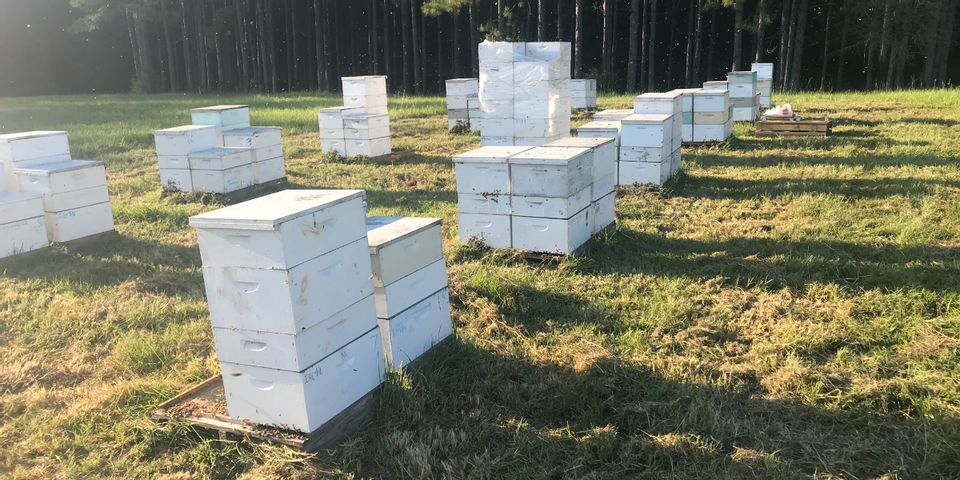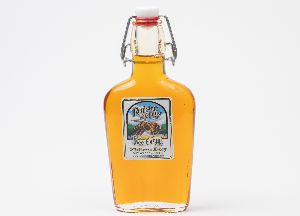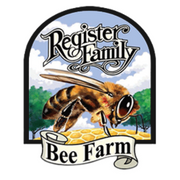
Each year, the almonds you consume in trail mix or drink in dairy-free lattes are picked from trees. Before they form on the branches, they start as blossoms—small flowers in light pink or white. Honey bees play a key role in fertilizing these flowers and facilitating the life cycle of almond crops. Here's a look at the relationship between almonds and these honey-producing insects.
What Is Almond Pollination?
During the early spring, almond trees begin to bloom. Bees are quickly attracted to the light-hued blossoms, as they are sources of pollen. As the bees move between flowers, they spread pollen, fertilizing the blossoms so that they can go on to produce their “fruit”—in this case, almonds.
To optimize the pollination process, hives are positioned alongside orchards since most of these insects prefer to travel under a quarter of a mile when pollinating. Pollination may also be carried out by blue orchard bees, which are kept by almond growers, and over 19 different species of wild bees.
Why Is It Important?

In order to produce almonds, almond trees require cross-pollination. This is a specific type of pollination that requires the transmission of pollen from one plant into another.
The almond blossoms can't carry out this action on their own, so they wholly depend on wind and bees to do so—and bees are much more reliable at transporting pollen. Without the bee’s help with cross-pollination, the almond crop yields would be significantly reduced.
On the other hand, the bees also benefit from the cross-pollination process. When the colonies leave the orchards each year, they are far stronger than they were when they arrived. That’s because the pollination takes place in February and March, and the pollen is the bees’ first natural food source of the year, containing all the amino acids they need to thrive.
Once the bees are done with the almond crops, beekeepers can move them to nearly 100 other crops throughout the country. This allows them to pollinate more crucial food sources as well as produce honey.
If you’re interested in learning more about this mutually beneficial relationship, turn to Register Family Farm of Freeport, FL. This family-run company keeps beehives of their own, producing the famous and mildly sweet Tupelo honey of the Florida Panhandle region. With over 1,200 colonies and a team of passionate beekeeping experts, you can trust these farmers to deliver wholesome, natural merchandise. To learn more about their honey and beeswax items, visit the website or call (850) 392-7404 to speak with a representative.
About the Business
Have a question? Ask the experts!
Send your question

